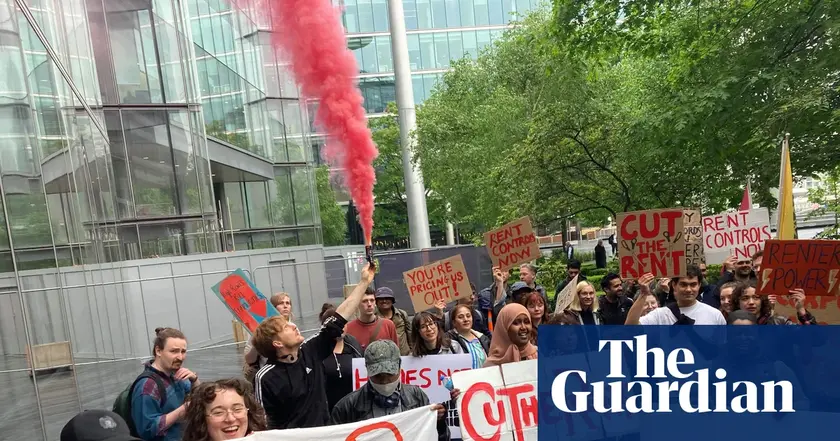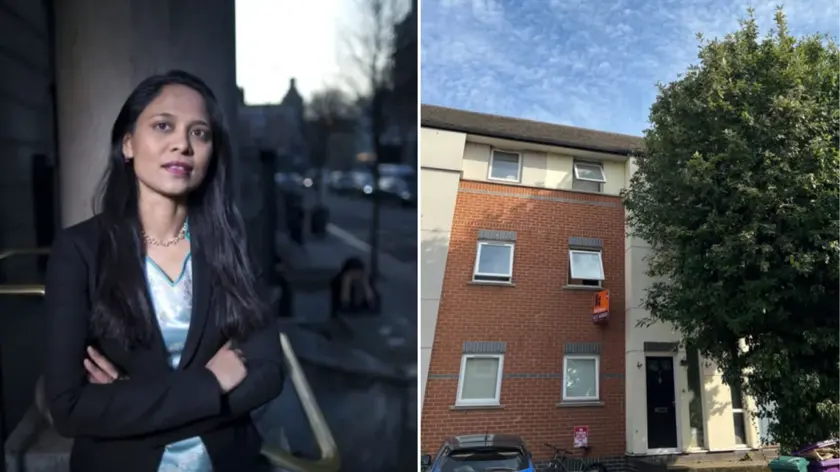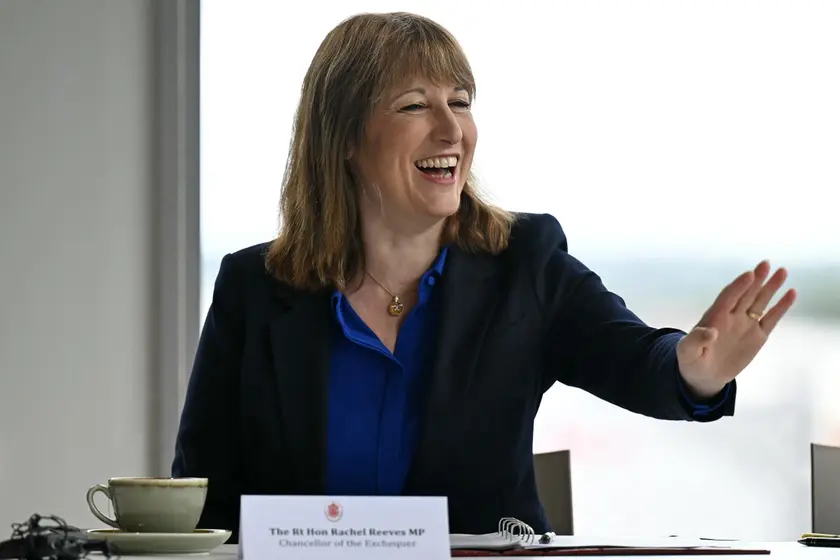T4K3.news
Rent income by Labour ministers dents credibility on housing reforms
Ministers report rental income as Labour pushes new renters rights protections

Housing campaigners say the government looks hypocritical as ministers declare rental income while vowing to reform renting
Rent income by Labour ministers dents credibility on housing reforms
Guardian analysis shows four cabinet ministers have rental income above £10,000 in the register of interests, including the chancellor Rachel Reeves. David Lammy and Ian Murray also declare rental earnings, while Lucy Powell is listed with a smaller figure. The disclosures follow Rushanara Ali’s resignation over the eviction of tenants from a London property. The Guardian’s review shows one in eight Westminster MPs rented out property in the last year, with a notable share of landlords among Conservative MPs.
The Guardian found 31 MPs with properties where part of the rent goes to another person. Large landlords include Jas Athwal and Jeremy Hunt. The figures come as Labour pushes its renters rights bill to end no fault evictions and strengthen tenant protections. Campaigners say the data raise concerns about conflicts of interest as the party argues for reform while MPs profit from rental income.
Key Takeaways
"The perception that MPs are profiting from the same system we’re supposed to reform isn’t helping ... there’s a real risk voters will see this as hypocrisy and question our credibility on renters rights."
A senior MP comments on credibility of renters rights
"The sheer number of landlords in parliament is shocking."
London Renters Union reaction via Jae Vail
"Landlord power within parliament has left renters with few legal protections when it comes to arbitrary evictions or unreasonable rent hikes."
Ben Twomey of Generation Rent
"There are already clear transparency rules around this."
Spokesperson for the Ministry of Housing
Policy promises collide with personal finances. The row over ministerial rental income will test public trust in Labour's drive to end no fault evictions and reform the private rented sector. Government officials stress transparency and speed, but voters may see a gap between stated aims and real incentives. The case comes alongside Rushanara Ali’s resignation, underscoring a broader debate about landlord influence in Parliament.
For Labour, the challenge is to turn scrutiny into credible reform. The party must show it can separate personal interests from policy aims and win public confidence. The presence of landlord MPs does not make reform impossible, but it will demand clear safeguards, tighter transparency, and explicit accountability. The scale of landlord MPs highlights a tension between political capital and tenant protections that will shape the debate around the renters rights bill in coming weeks.
Highlights
- Renting out homes while promising renters reforms looks like double standards
- MPs profit from the system they vow to fix
- Landlord power inside parliament leaves renters exposed to eviction
- There are already clear transparency rules around this
Political and reputational risk over minister property income
The disclosures risk undermining public trust in Labour's rent reform agenda and invite questions about conflicts of interest. As the renters rights bill proceeds, opponents may frame the issue as a credibility problem for the governing party.
The rent reform debate will test whether words on fairness can outpace the pull of private profit.
Enjoyed this? Let your friends know!
Related News

UK homelessness minister faces calls to resign

Rushanara Ali faces mounting pressure to resign amid rent increase controversy

Labour plans review of state pension age

Rushanara Ali resigns as homelessness minister amid rent increase allegations

Rushanara Ali evicts tenants and increases rent by £700

Government responds to immigration and crime claims

Pension triple lock tests Reeves

UK pensions overhaul announced by government
